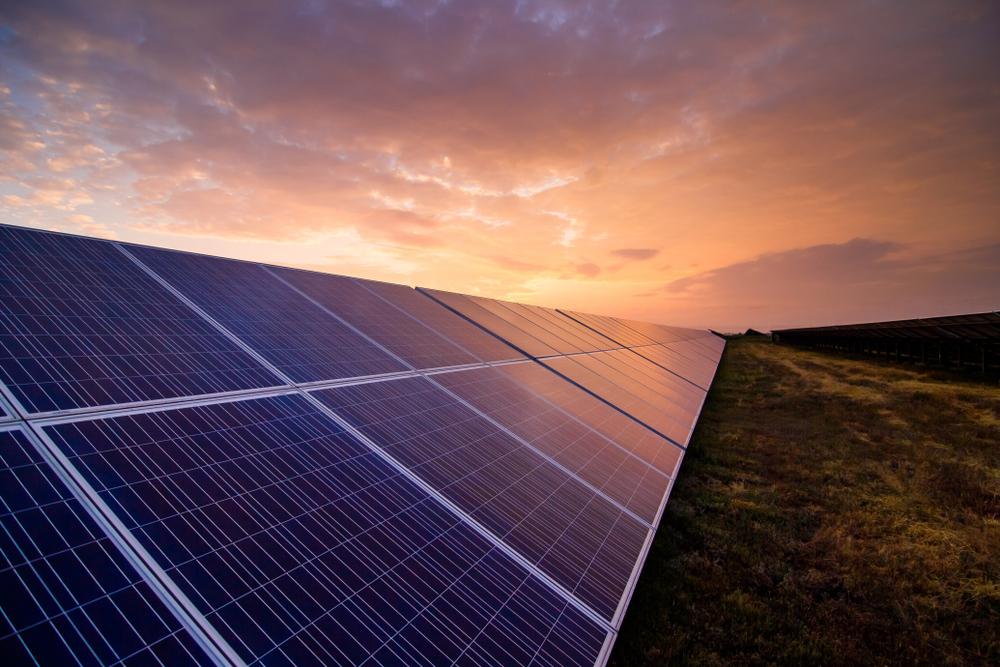According to Ofgem, there are currently 71 active suppliers competing in the domestic energy market. A number of suppliers dominate the industry. But, how many of these focus on renewable energy? As we drown in a global environmental crisis, renewable energy is more important than ever.
What is it?
Renewable resources produce renewable energy. These resources do not deplete when they are used because they replenish naturally over time. For example, sources of renewable energy include sunlight, geothermal heat, wind, tides, water and other forms of biomass.
More and more consumers are ditching traditional energy sources such as fossil fuels. The environmentally conscious consumer finds renewable energy appealing because of its lower environmental impact than traditional sources.
Interestingly, Ovoenergy has predicted that the renewable energy market will be worth $777.6 billion by 2019.
Why does the UK need it?
As the globe drowns in an environmental crisis, renewable energy is needed now more than ever. Climate change is the largest environmental challenge we have ever faced, and it is fundamentally driven by fossil fuel consumption.
Fossil fuels remain the dominant source of energy in the UK accounting for 80.1%. That said, this is a record breaking low.
But, the UK needs more of it. In order to help alleviate the disastrous effects of climate change. Fossil fuels accounting for 80.1% is still a huge majority.
Renewable energy spotlight: solar energy
Until 2011, solar power accounted for a very small proportion of electricity production. However, in 2012 the government announced that by 2020, solar energy will power 4 million homes.
Today, solar energy powers homes, cars, appliances, businesses and cities.
One way homeowners can get on board with renewable energy is by switching to solar panels. In addition to the variety of environmental benefits this ‘green’ form of energy provides, it also helps economically. By switching to solar panels, homeowners can use their homes to produce energy. As a result, the energy generated powers the home. Moreover, a Feed-In Tariff allows people to sell any surplus.
Feed-in Tariffs (FITs) is a UK government incentive aimed to drive small-scale renewable energy. Essentially, home owners are paid for extra electricity they generate through solar PV, a wind turbine, hydro or micro CHP technology.




